If you're looking for a natural and effective way to unclog your kitchen sink, try using baking soda and vinegar. This powerful combination can help break down and dissolve any blockages in your pipes. To use this method, start by pouring 1/2 cup of baking soda down the drain. Follow it with 1/2 cup of vinegar and cover the drain with a cloth or stopper. Let the mixture sit for about 30 minutes, then flush it out with hot water. The chemical reaction between the baking soda and vinegar will help loosen any debris and clear your sink. This method is not only effective, but it's also environmentally friendly and safe for your pipes. Plus, the baking soda can help eliminate any unpleasant odors coming from your drain.1. Baking Soda and Vinegar
Sometimes all you need to unclog your kitchen sink is some good old-fashioned boiling water. This method is quick, easy, and can be done with items you already have in your kitchen. To use this method, bring a pot of water to a rolling boil. Carefully pour the boiling water down the drain in two to three stages, giving it a few seconds to work between pours. The hot water can help break down any grease or buildup in your pipes, allowing water to flow freely again. Just make sure to be careful while handling boiling water and avoid using this method if you have PVC pipes, as the extreme heat can cause them to warp or melt.2. Boiling Water
If you have a stubborn clog in your kitchen sink, try using salt and hot water to break it up. The coarse texture of salt can help scrub away any debris or buildup in your pipes, while the hot water will help dissolve it. To use this method, mix 1/2 cup of table salt with a pot of hot water. Stir until the salt dissolves, then pour the mixture down the drain. Let it sit for a few minutes before flushing it out with a final pot of hot water. This method is also safe for your pipes and can help keep them clean and free of buildup.3. Salt and Hot Water
When it comes to unclogging a kitchen sink, a plunger can be your best friend. This trusty tool is designed to create suction and push and pull water through your pipes, helping to dislodge any blockages. To use a plunger, make sure your sink is filled with enough water to cover the rubber part of the plunger. Place the plunger over the drain and push down and pull up in a rapid motion. This will create suction and hopefully dislodge the clog. Keep repeating this motion until the water starts to drain freely. If you have a double sink, make sure to cover the other drain with a cloth or stopper to create enough pressure for the plunger to work effectively.4. Plunger
Dish soap is not just for cleaning your dishes, it can also be an effective tool for unclogging your kitchen sink. The soap can help lubricate the pipes, making it easier for debris to slide through. To use this method, squirt a generous amount of dish soap down the drain. Follow it with a pot of hot water, then let it sit for a few minutes. Afterward, flush it out with another pot of hot water to help clear any remaining debris. This method is particularly useful for grease clogs, as the dish soap can help break down and dissolve the grease.5. Dish Soap and Hot Water
If you suspect that your kitchen sink is clogged due to a physical blockage, such as food or hair, a wire hanger can come in handy. The long, flexible wire can reach deep into your pipes and help pull out any debris causing the clog. To use this method, straighten out a wire hanger and create a small hook at one end. Carefully insert the hooked end into the drain and start fishing for any debris. Once you've pulled out as much as you can, flush the drain with hot water to clear out the rest. Just make sure to be gentle and avoid using this method if you have delicate pipes, as the wire hanger can cause damage if not used carefully.6. Wire Hanger
If you have a wet and dry vacuum at home, it can be a powerful tool for unclogging your kitchen sink. The strong suction can help pull out any debris or blockages in your pipes. To use this method, create a tight seal around the drain with the vacuum hose and turn it on. The suction should be strong enough to pull out any clogs. For more stubborn clogs, you can try covering the other drains in your kitchen to increase the suction. Just remember to empty out the vacuum filter afterward to avoid any lingering odors.7. Wet and Dry Vacuum
If you have a tough clog in your kitchen sink, you may need to resort to using a chemical drain cleaner. Caustic soda, also known as sodium hydroxide, is a strong alkaline substance that can dissolve organic materials like hair, grease, and food particles. To use this method, make sure to follow the instructions on the product carefully. Typically, you'll need to mix the caustic soda with hot water and pour it down the drain. Let it sit for about 20 minutes, then flush it out with hot water. However, be cautious when using caustic soda, as it can be dangerous if not handled properly.8. Caustic Soda
If you're looking for a gentler alternative to chemical drain cleaners, try using an enzyme drain cleaner. These cleaners contain natural enzymes that can break down and digest organic materials in your pipes. To use this method, pour the recommended amount of enzyme cleaner down the drain and let it sit for a few hours or overnight. The enzymes will continue to work on breaking down the clog, without causing any harm to your pipes. This method may take longer to work, but it's a safer and more eco-friendly option for unclogging your kitchen sink.9. Enzyme Drain Cleaner
If you're dealing with a particularly stubborn clog, try using a combination of hydrogen peroxide and baking soda. These two ingredients together can create a powerful foaming reaction that can help break down even the toughest blockages. To use this method, mix 1/4 cup of hydrogen peroxide with 1/4 cup of baking soda. Pour the mixture down the drain and let it sit for about 30 minutes. Then, flush it out with hot water. The foaming action will help loosen and dissolve any debris in your pipes. Just be sure to wear gloves and safety goggles when using hydrogen peroxide, as it can be irritating to the skin and eyes. With these top 10 home remedies for unclogging a kitchen sink, you can save yourself the hassle and expense of calling a plumber. Just remember to use caution when handling any chemicals and tools, and if the clog persists, it may be time to seek professional help. But for the most part, these natural and DIY methods should do the trick in keeping your kitchen sink clear and running smoothly.10. Hydrogen Peroxide and Baking Soda
Why You Should Consider a Professional Kitchen Sink Unclogging Service

Don't Risk Damaging Your Plumbing System
 When you notice that your kitchen sink is draining slowly or not at all, it can be tempting to try DIY solutions to unclog it. However, using harsh chemicals or tools like a plunger can actually cause more damage to your plumbing system.
Professional kitchen sink unclogging services
have the necessary experience and expertise to safely and effectively clear out the clog without causing any further issues. They also have specialized tools that can reach deep into your pipes to remove the clog without causing any damage.
When you notice that your kitchen sink is draining slowly or not at all, it can be tempting to try DIY solutions to unclog it. However, using harsh chemicals or tools like a plunger can actually cause more damage to your plumbing system.
Professional kitchen sink unclogging services
have the necessary experience and expertise to safely and effectively clear out the clog without causing any further issues. They also have specialized tools that can reach deep into your pipes to remove the clog without causing any damage.
Avoid Future Clogs
 While DIY methods may temporarily fix the clog, they often don't address the root cause of the issue. This can lead to
recurring clogs
and eventually a completely blocked sink. By hiring a professional service, they can identify and fix the underlying problem, preventing future clogs from occurring. This can save you time and money in the long run.
While DIY methods may temporarily fix the clog, they often don't address the root cause of the issue. This can lead to
recurring clogs
and eventually a completely blocked sink. By hiring a professional service, they can identify and fix the underlying problem, preventing future clogs from occurring. This can save you time and money in the long run.
Ensure Proper Sanitation
 A clogged kitchen sink can result in standing water, which can quickly become a breeding ground for bacteria and mold. This can not only create an unpleasant odor in your kitchen, but it can also pose health risks for you and your family.
Professional kitchen sink unclogging services
not only remove the clog, but they also thoroughly clean and disinfect your sink, ensuring proper sanitation and eliminating any potential health hazards.
A clogged kitchen sink can result in standing water, which can quickly become a breeding ground for bacteria and mold. This can not only create an unpleasant odor in your kitchen, but it can also pose health risks for you and your family.
Professional kitchen sink unclogging services
not only remove the clog, but they also thoroughly clean and disinfect your sink, ensuring proper sanitation and eliminating any potential health hazards.
Save Time and Effort
 Trying to unclog your kitchen sink yourself can be a time-consuming and frustrating task. You may spend hours trying different methods, only to have the clog persist. By hiring a professional service, you can save yourself the time and effort and have the peace of mind that the job will be done correctly and efficiently.
In conclusion, while there may be
home remedies for unclogging a kitchen sink
, it is important to consider the potential risks and drawbacks of DIY methods. Hiring a professional kitchen sink unclogging service can ensure the job is done properly, prevent future clogs, and save you time and effort. Don't risk damaging your plumbing system or compromising the sanitation of your kitchen, trust the experts to get the job done. Contact a professional service today for a hassle-free and effective solution.
Trying to unclog your kitchen sink yourself can be a time-consuming and frustrating task. You may spend hours trying different methods, only to have the clog persist. By hiring a professional service, you can save yourself the time and effort and have the peace of mind that the job will be done correctly and efficiently.
In conclusion, while there may be
home remedies for unclogging a kitchen sink
, it is important to consider the potential risks and drawbacks of DIY methods. Hiring a professional kitchen sink unclogging service can ensure the job is done properly, prevent future clogs, and save you time and effort. Don't risk damaging your plumbing system or compromising the sanitation of your kitchen, trust the experts to get the job done. Contact a professional service today for a hassle-free and effective solution.




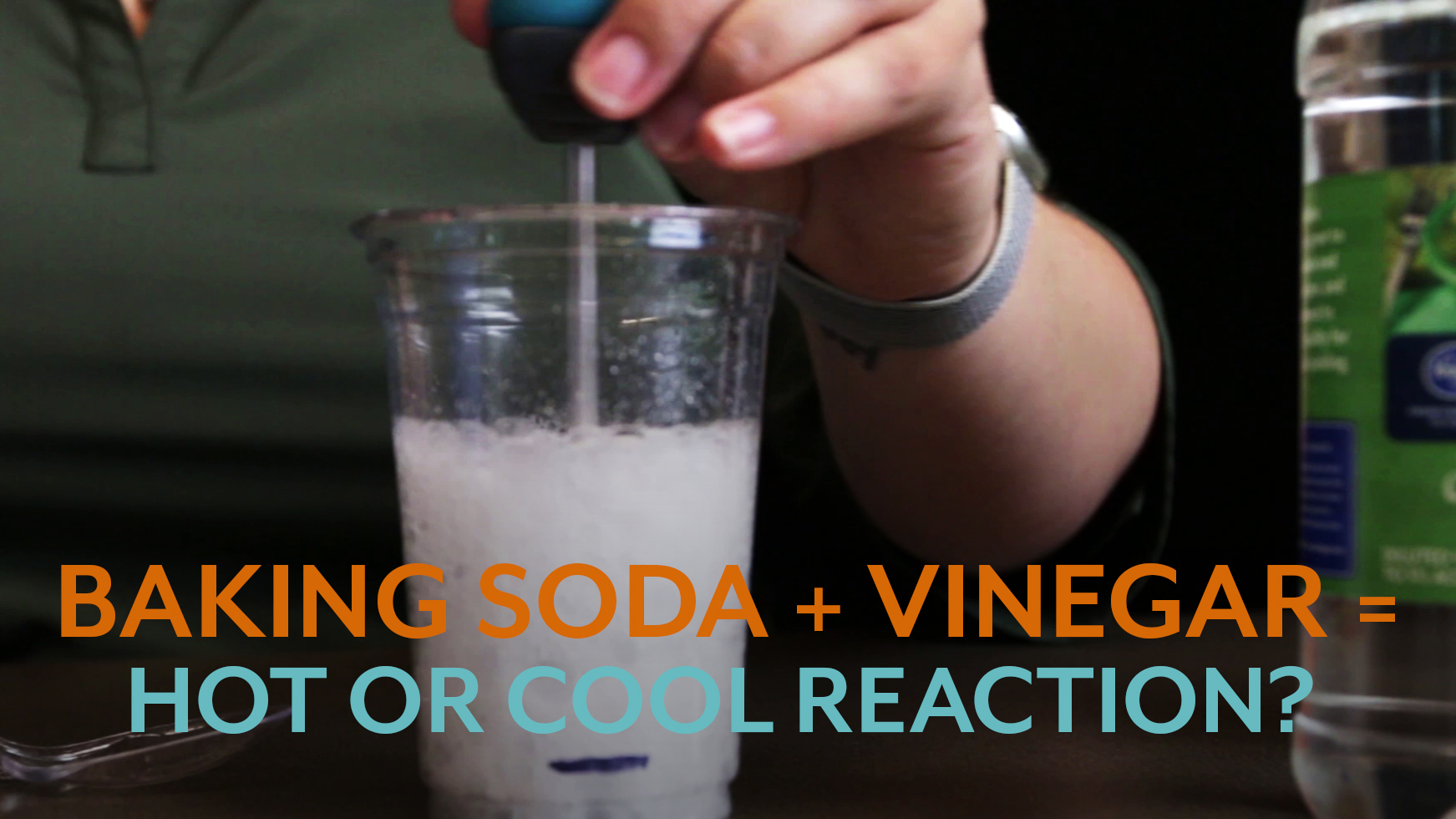


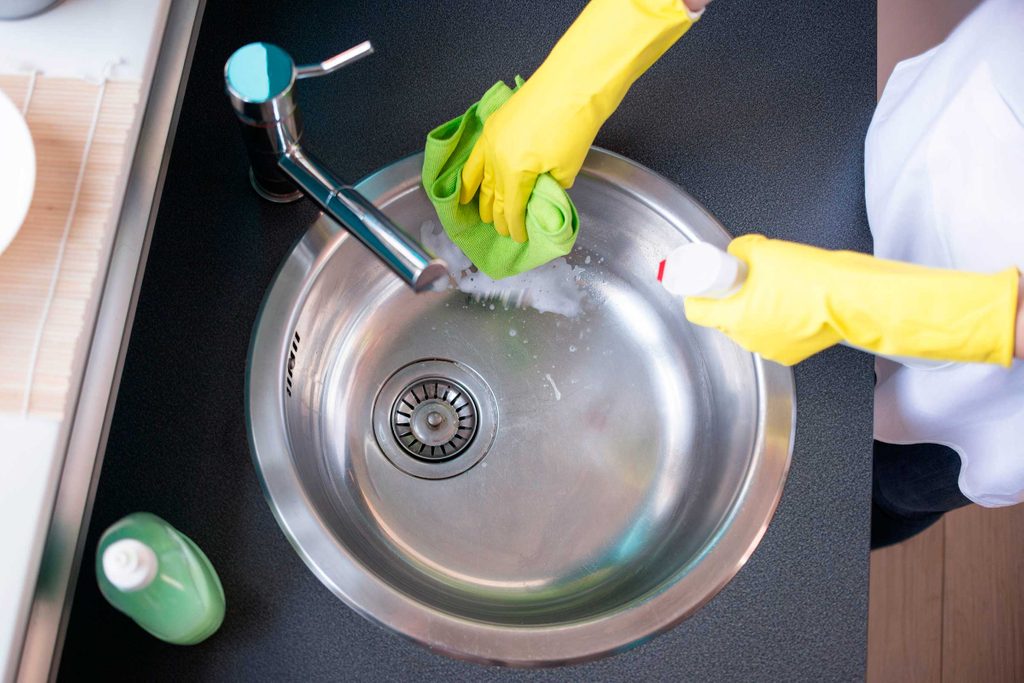



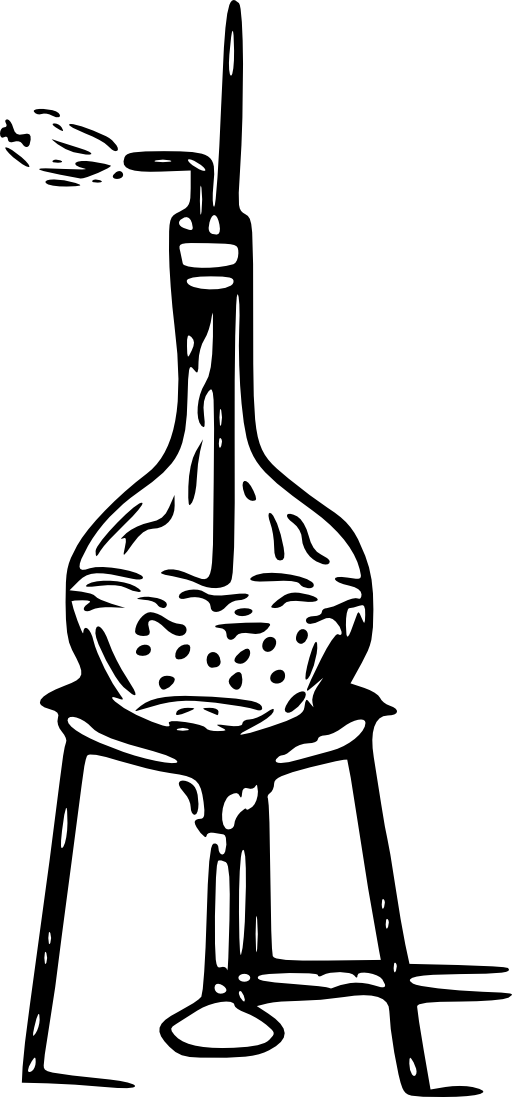

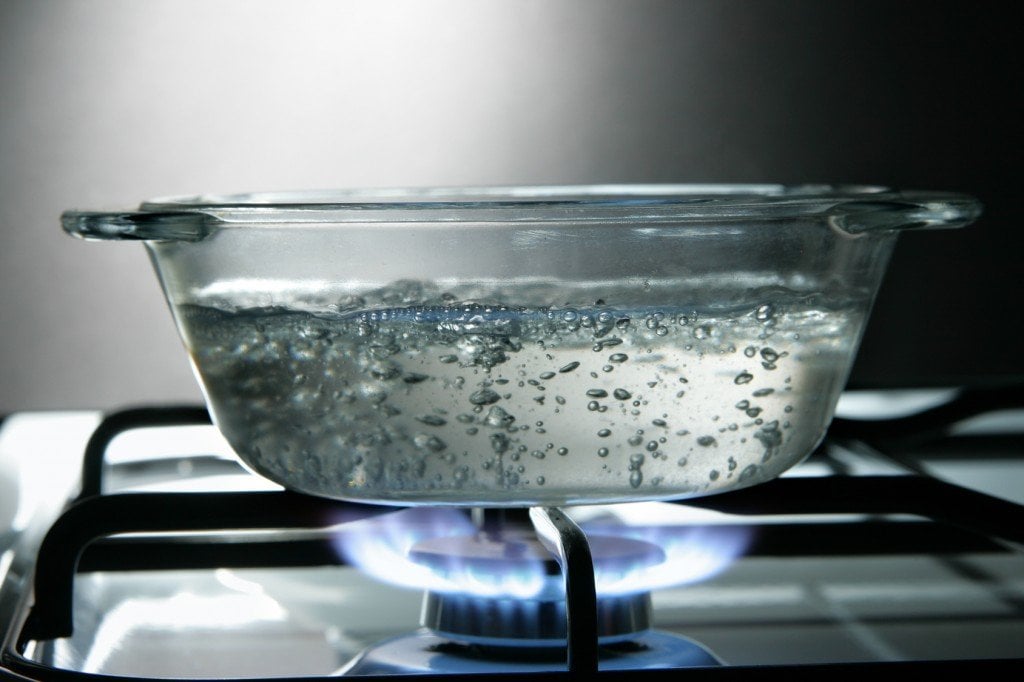

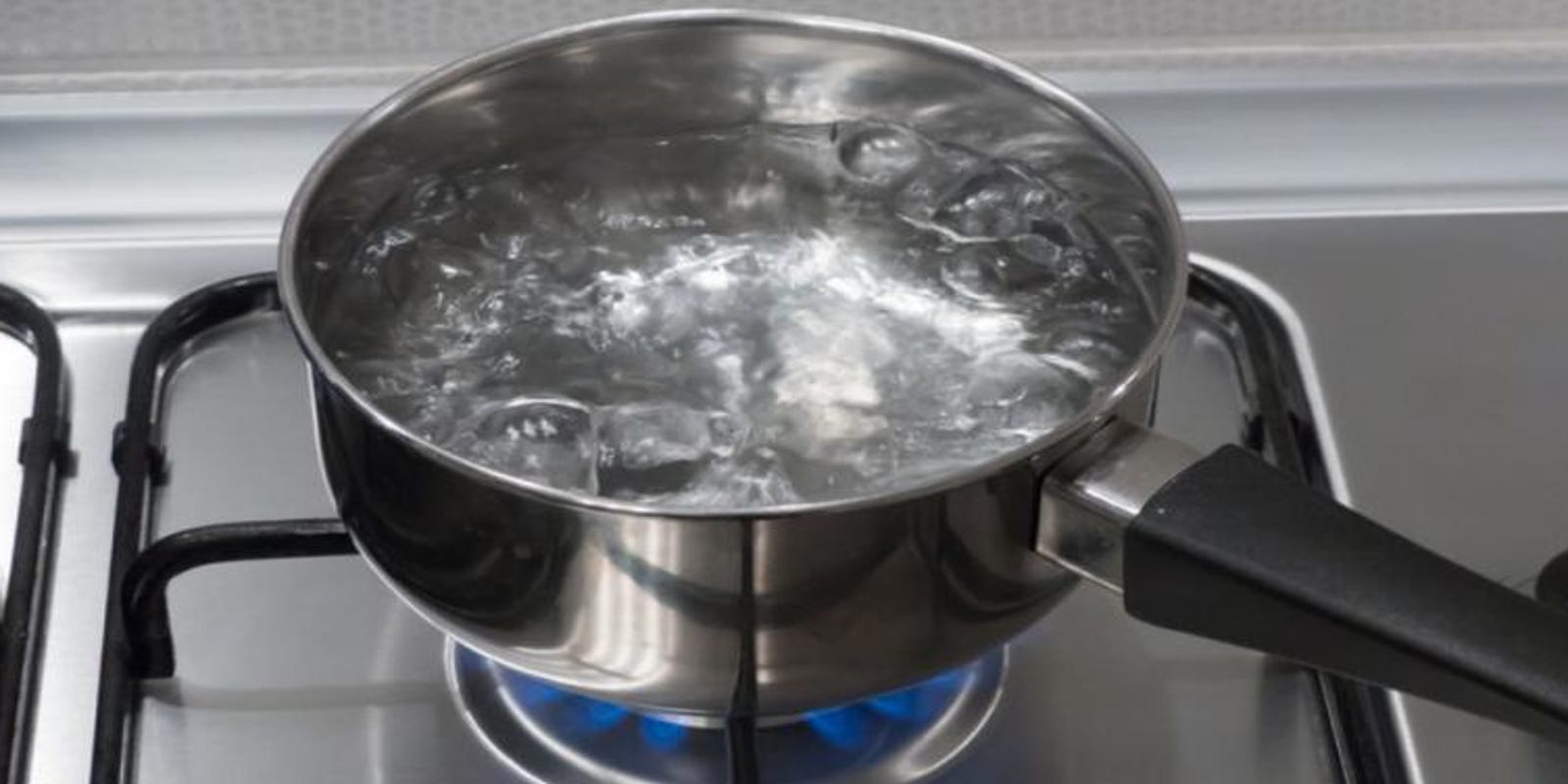

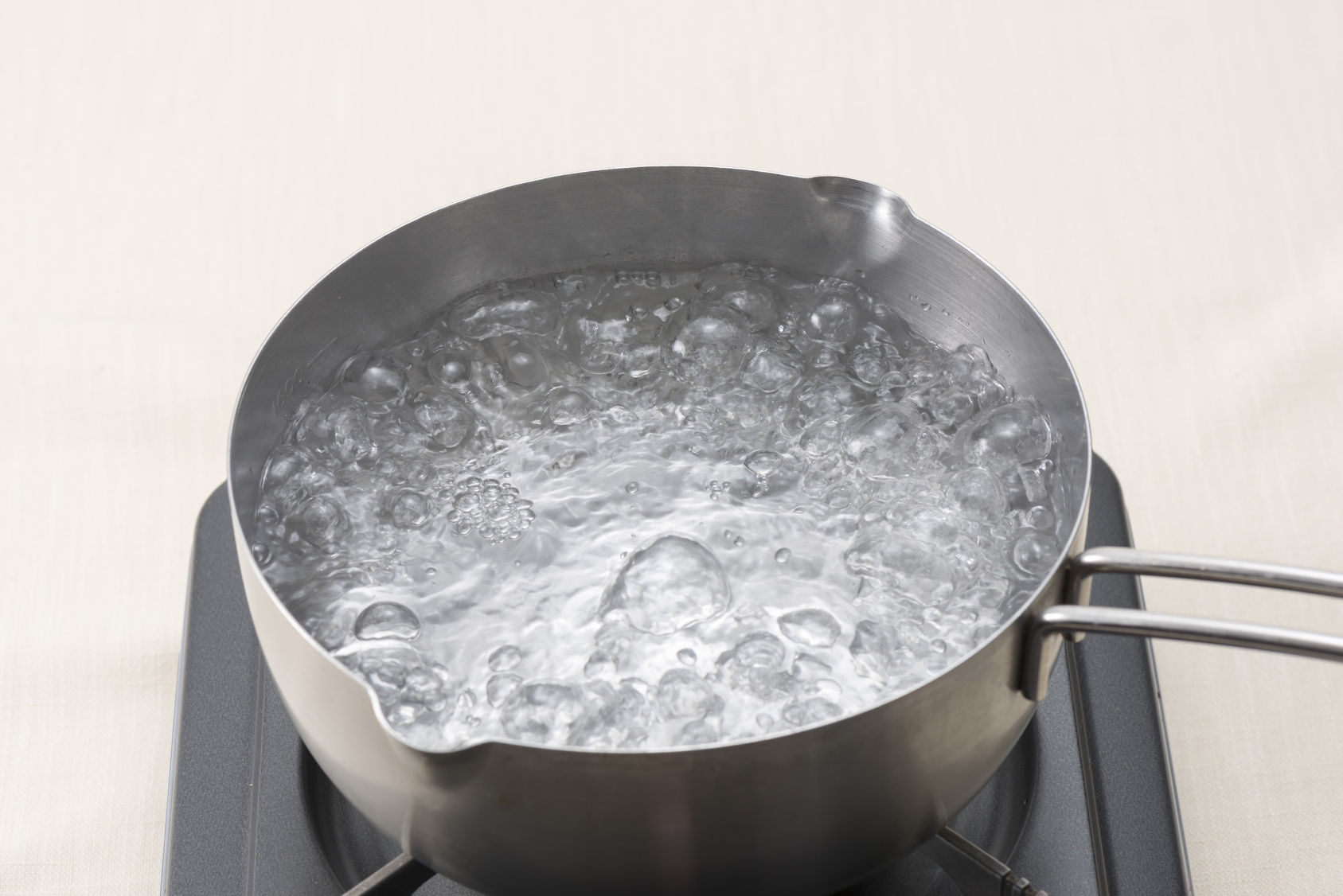
/boiling-water-on-gas-stove-143735234-5790aeb35f9b584d2005e949.jpg)
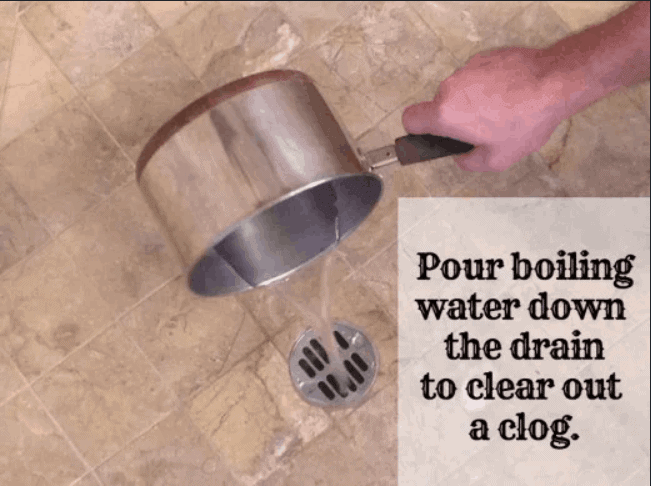
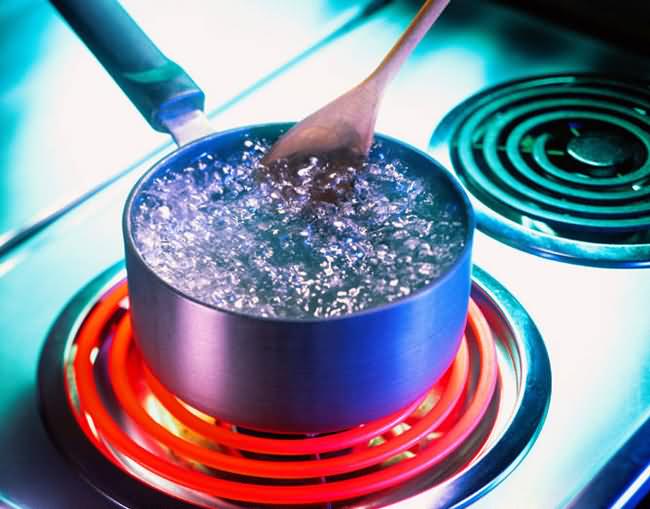
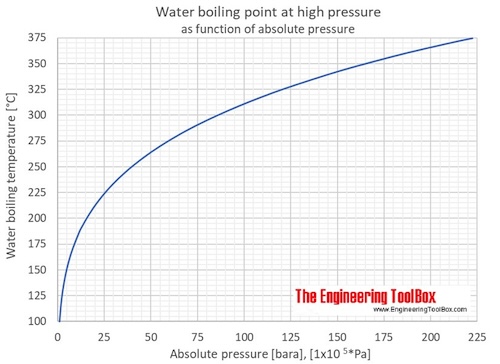



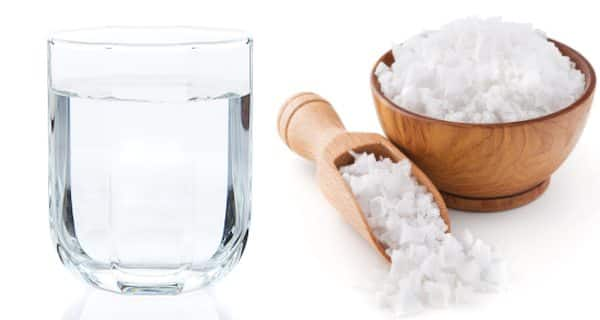

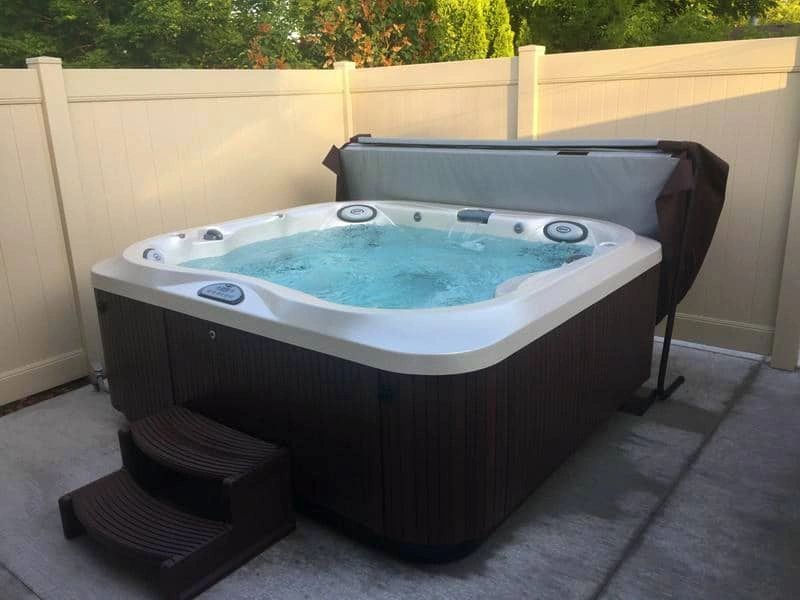








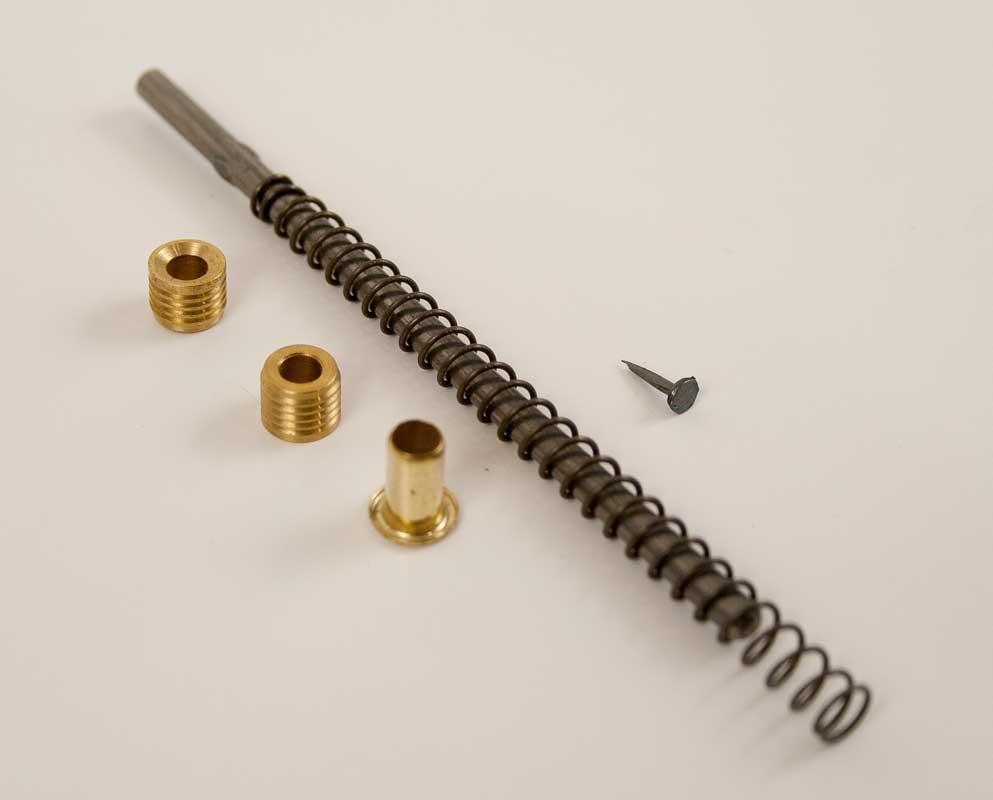



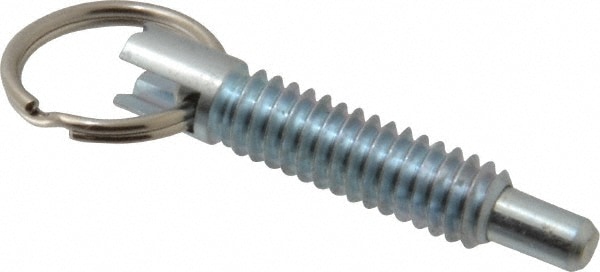



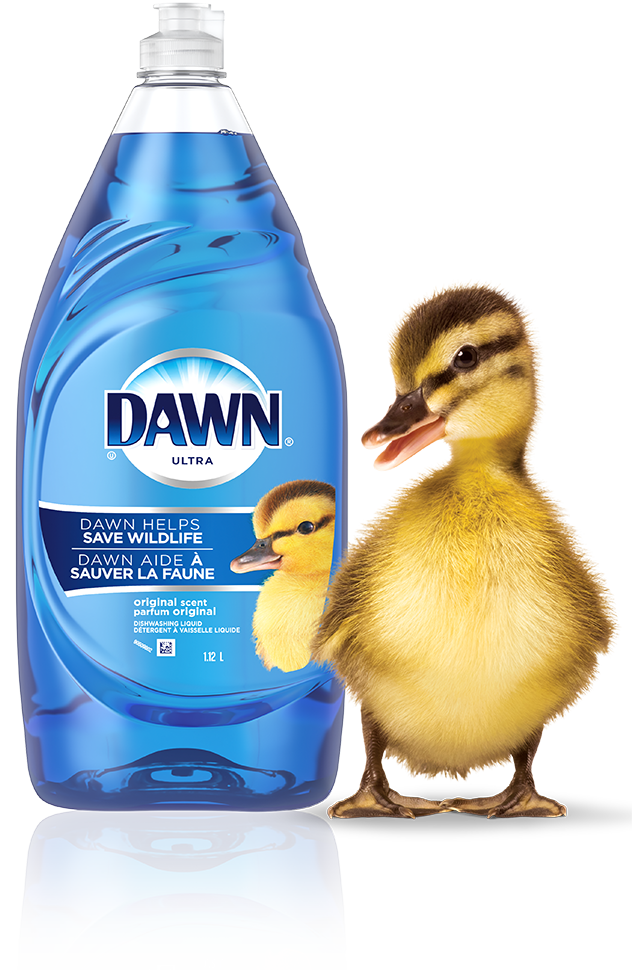

/GettyImages-80566571-5a1ca234aad52b00373338ff.jpg)
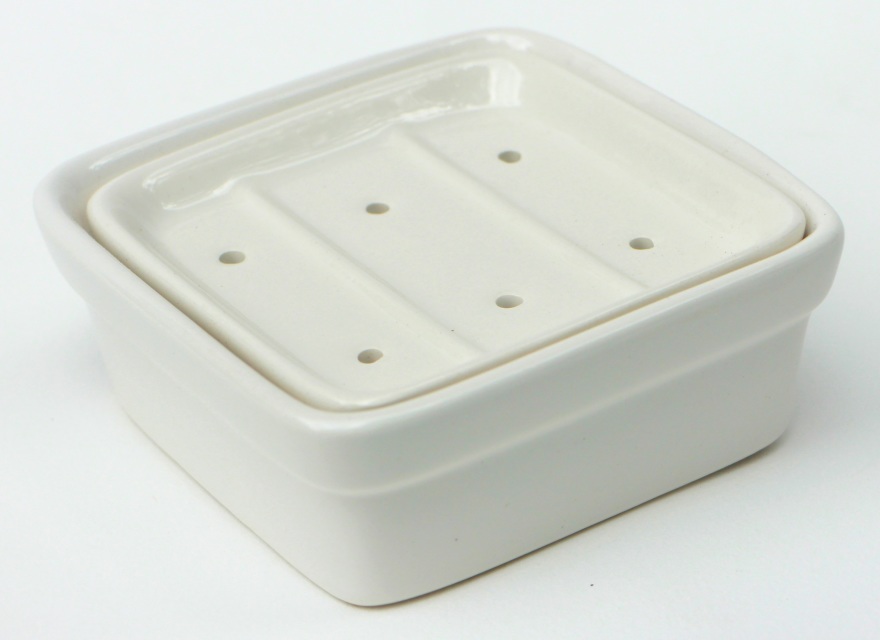

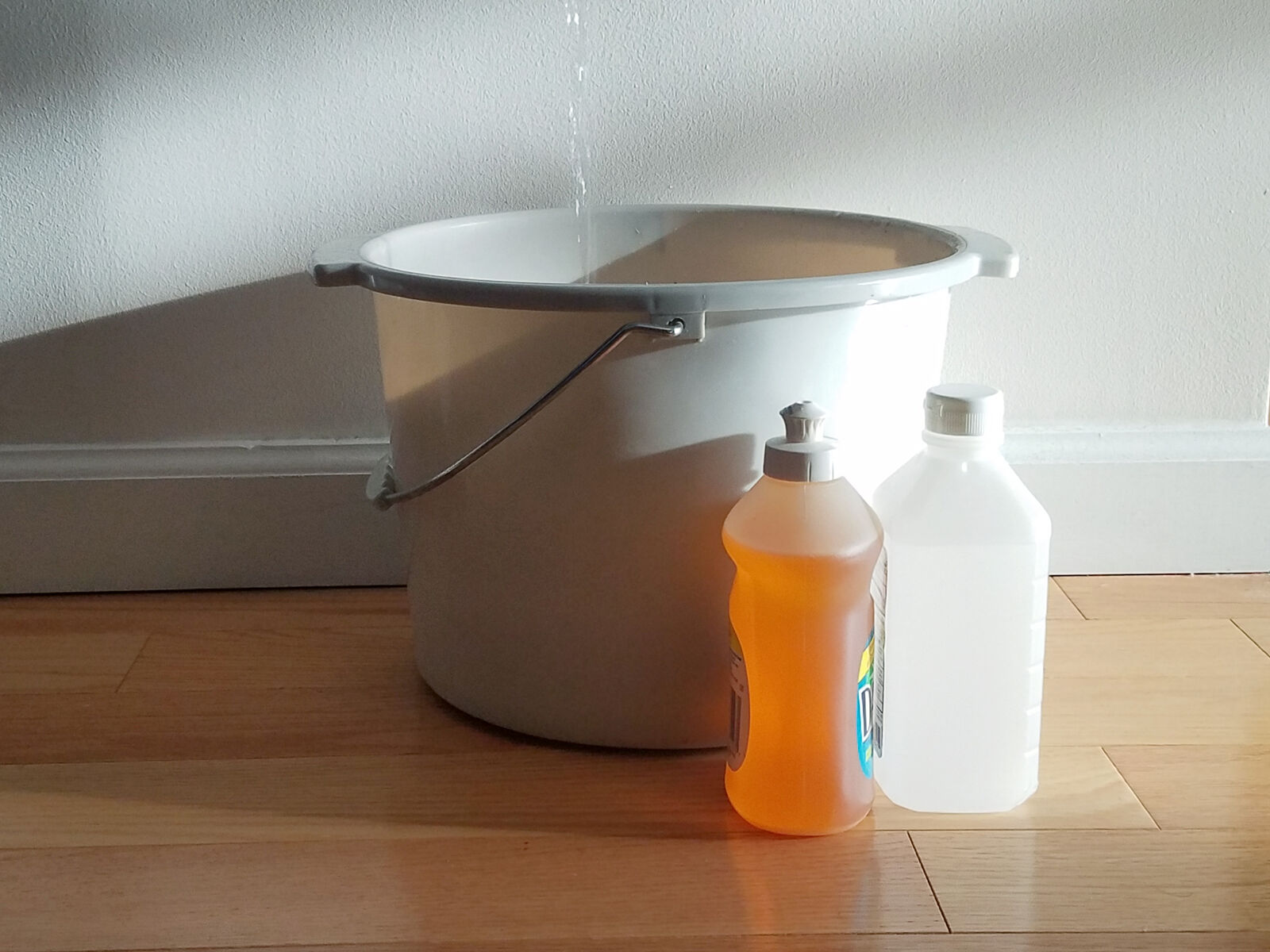
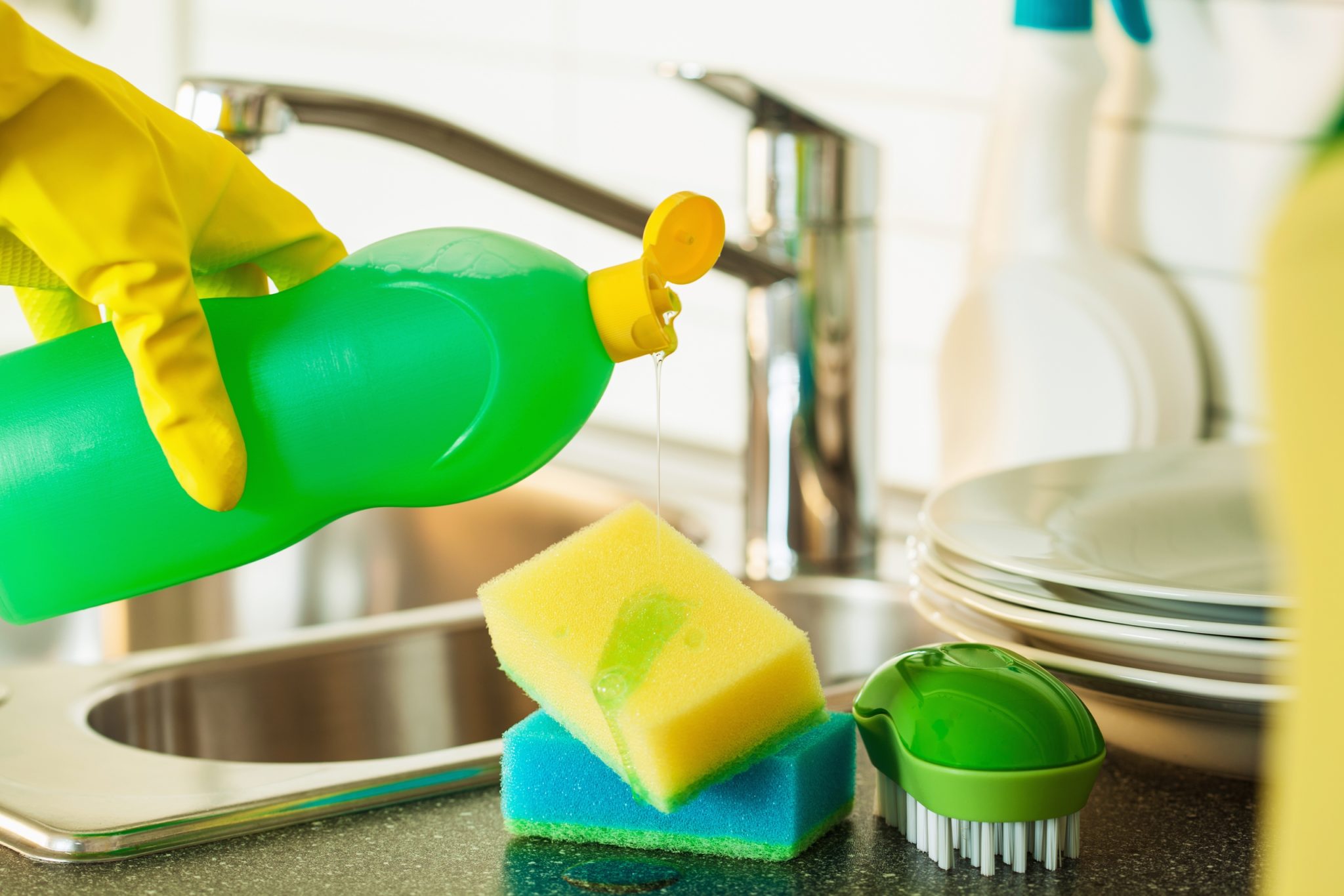
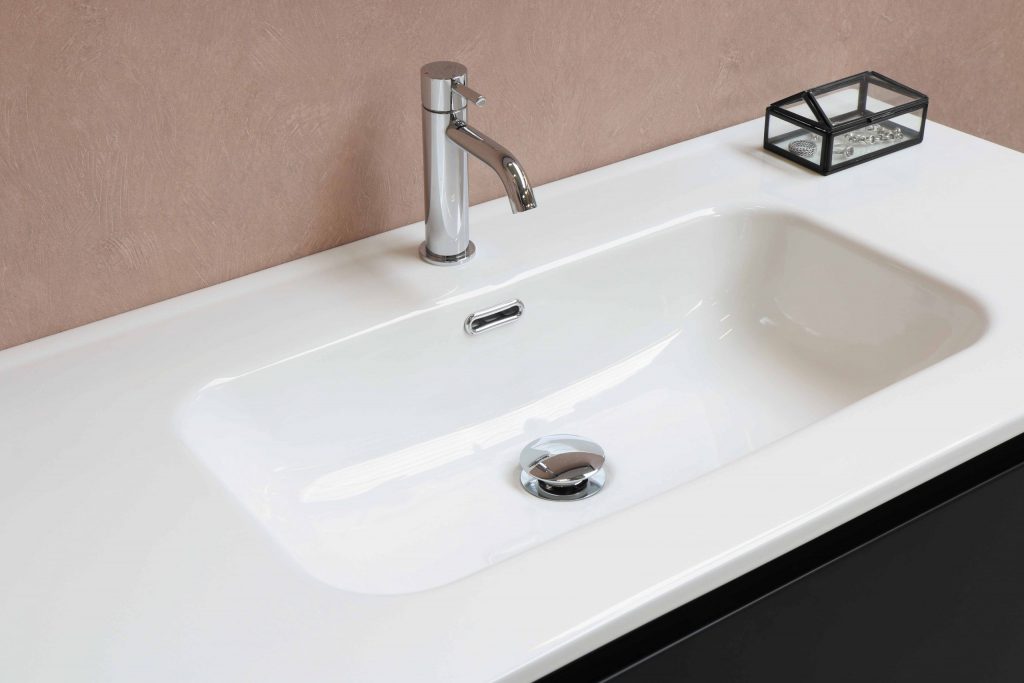
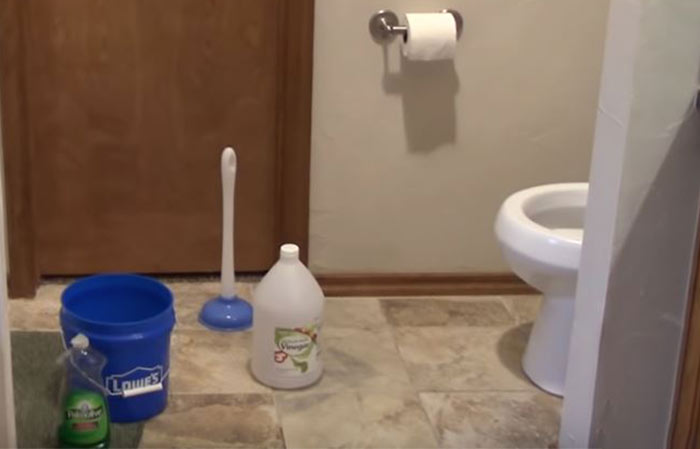
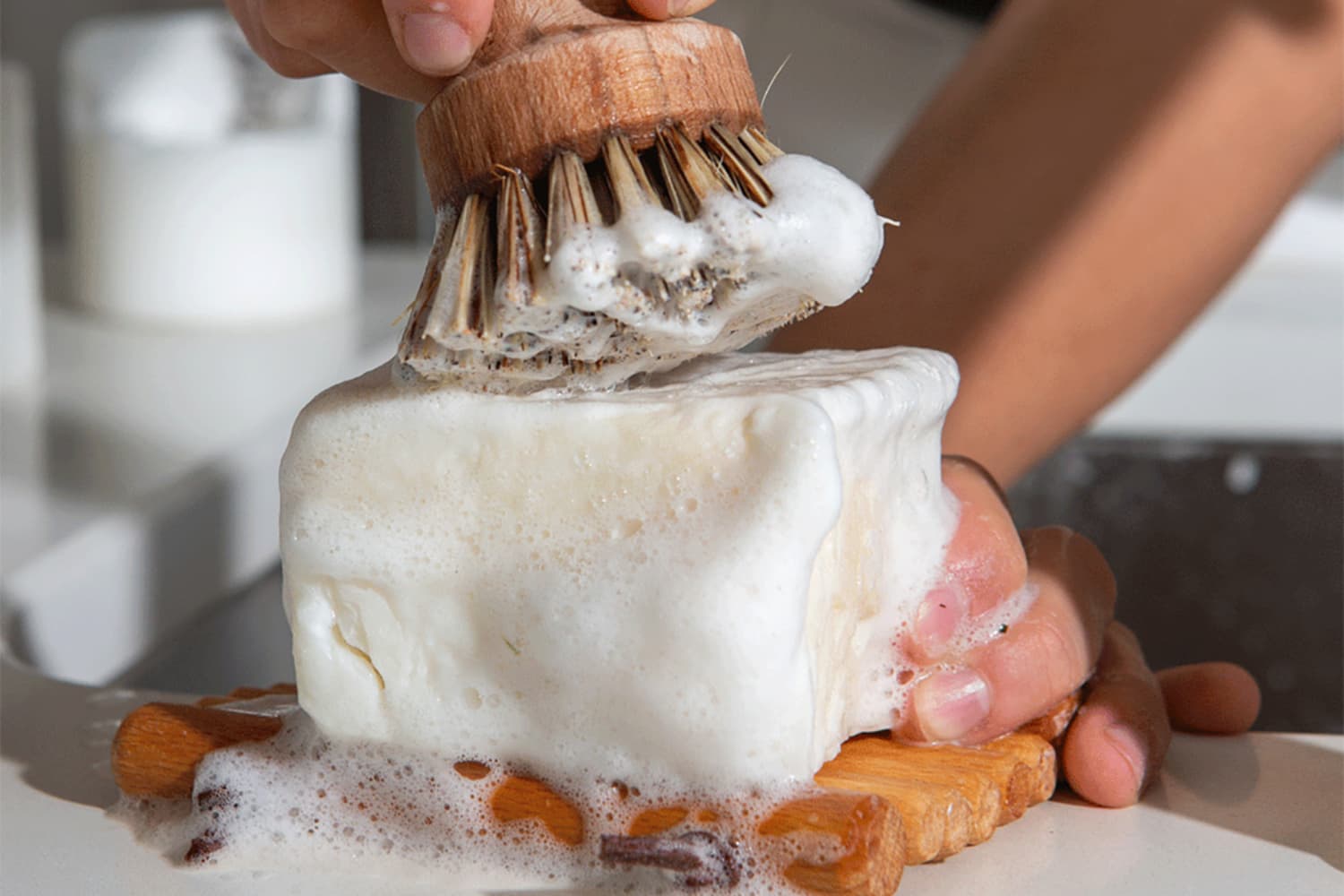
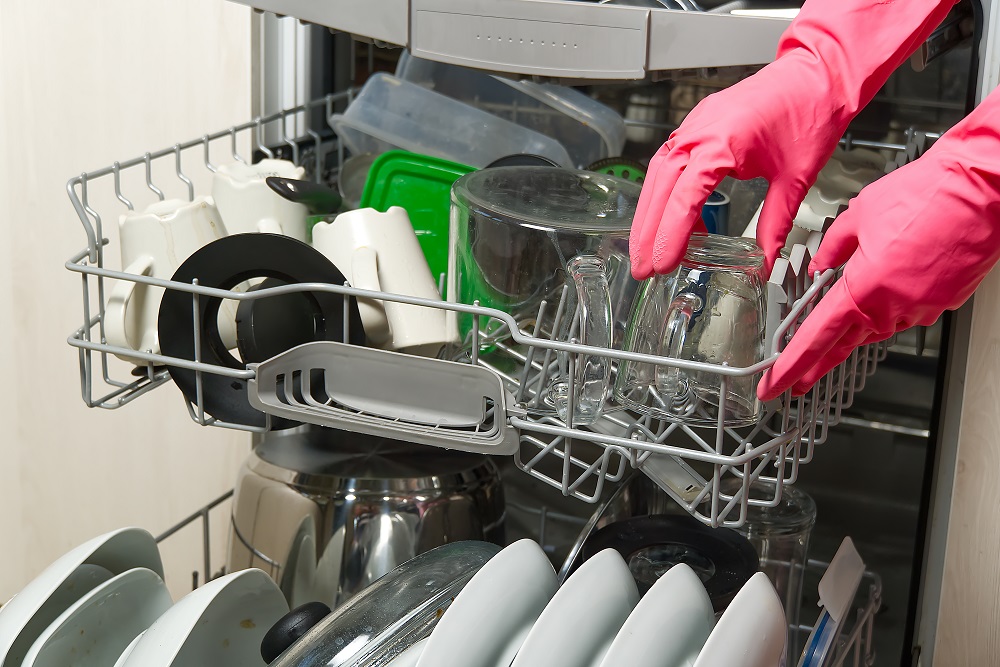





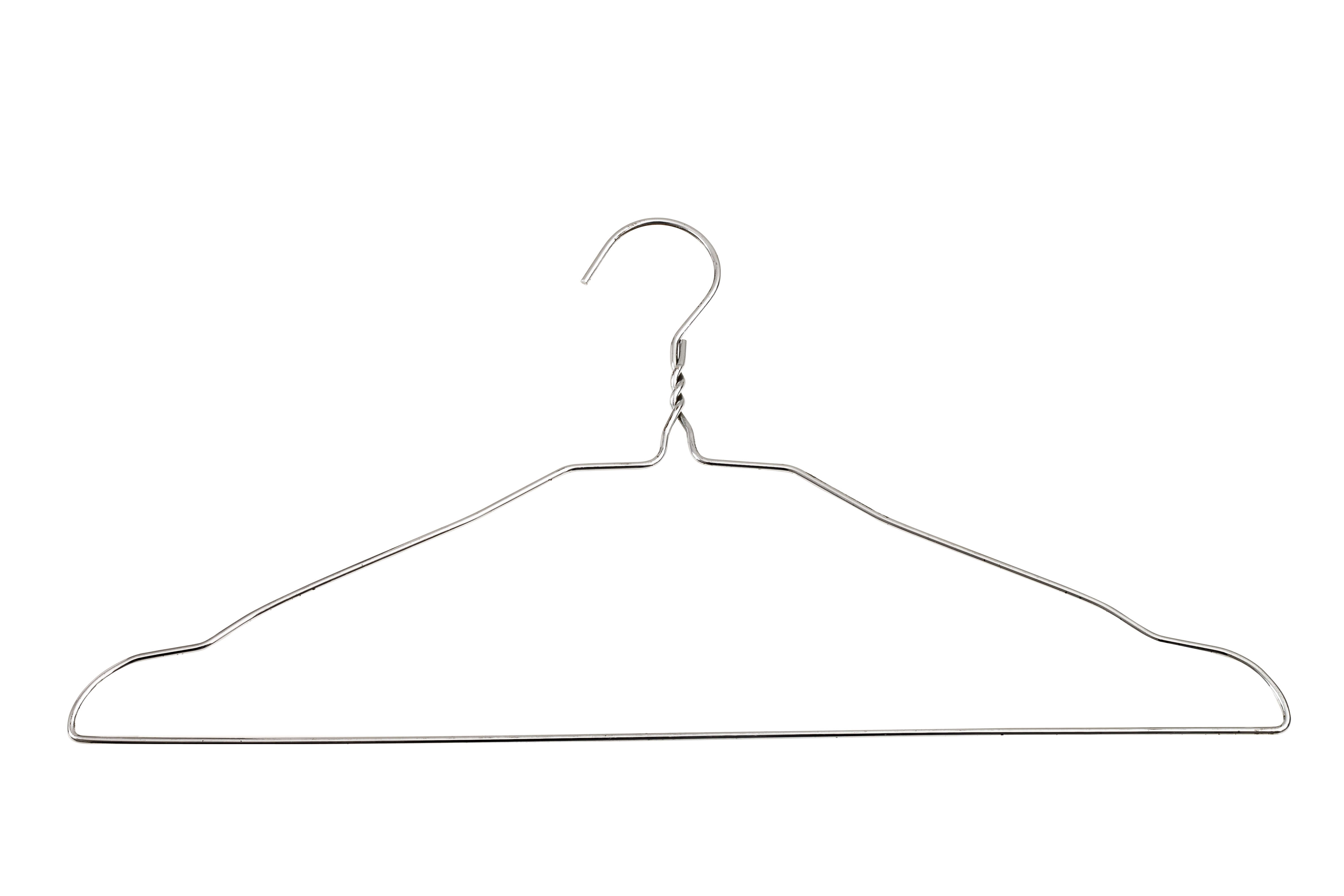
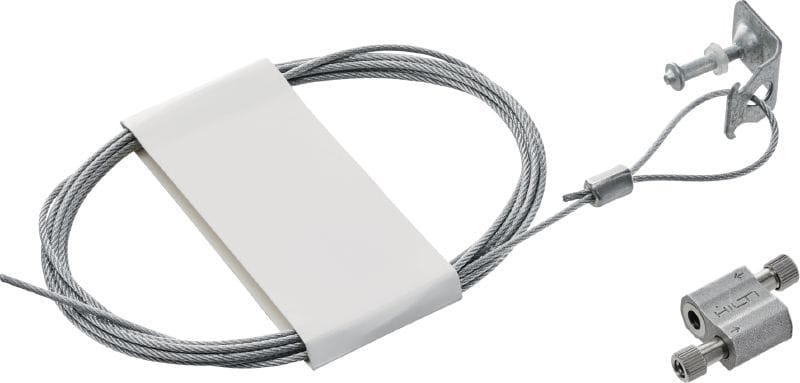





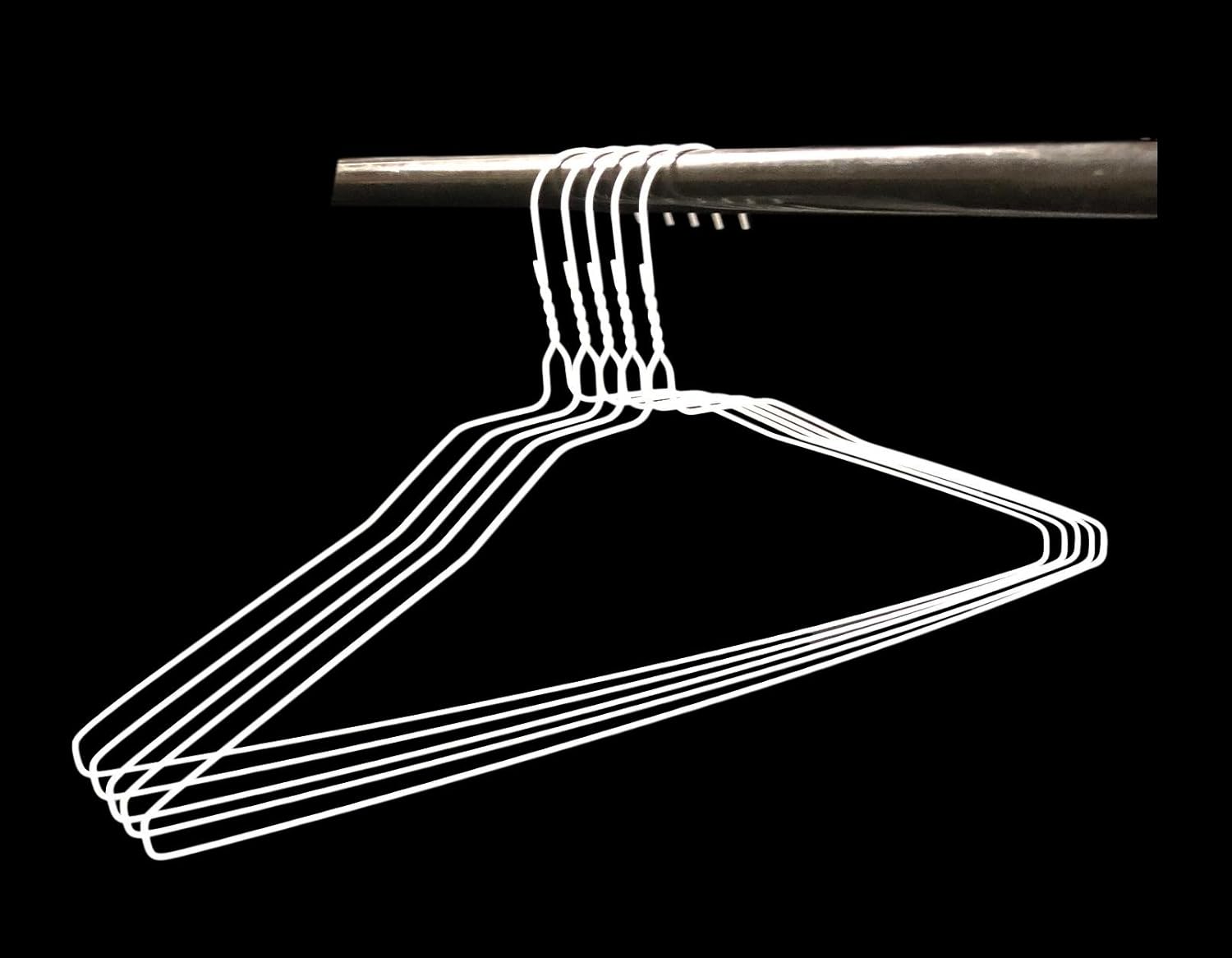

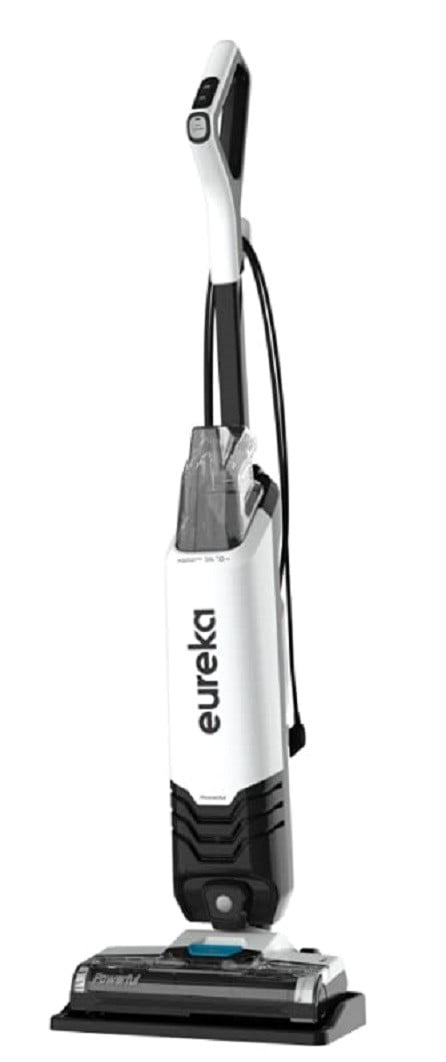
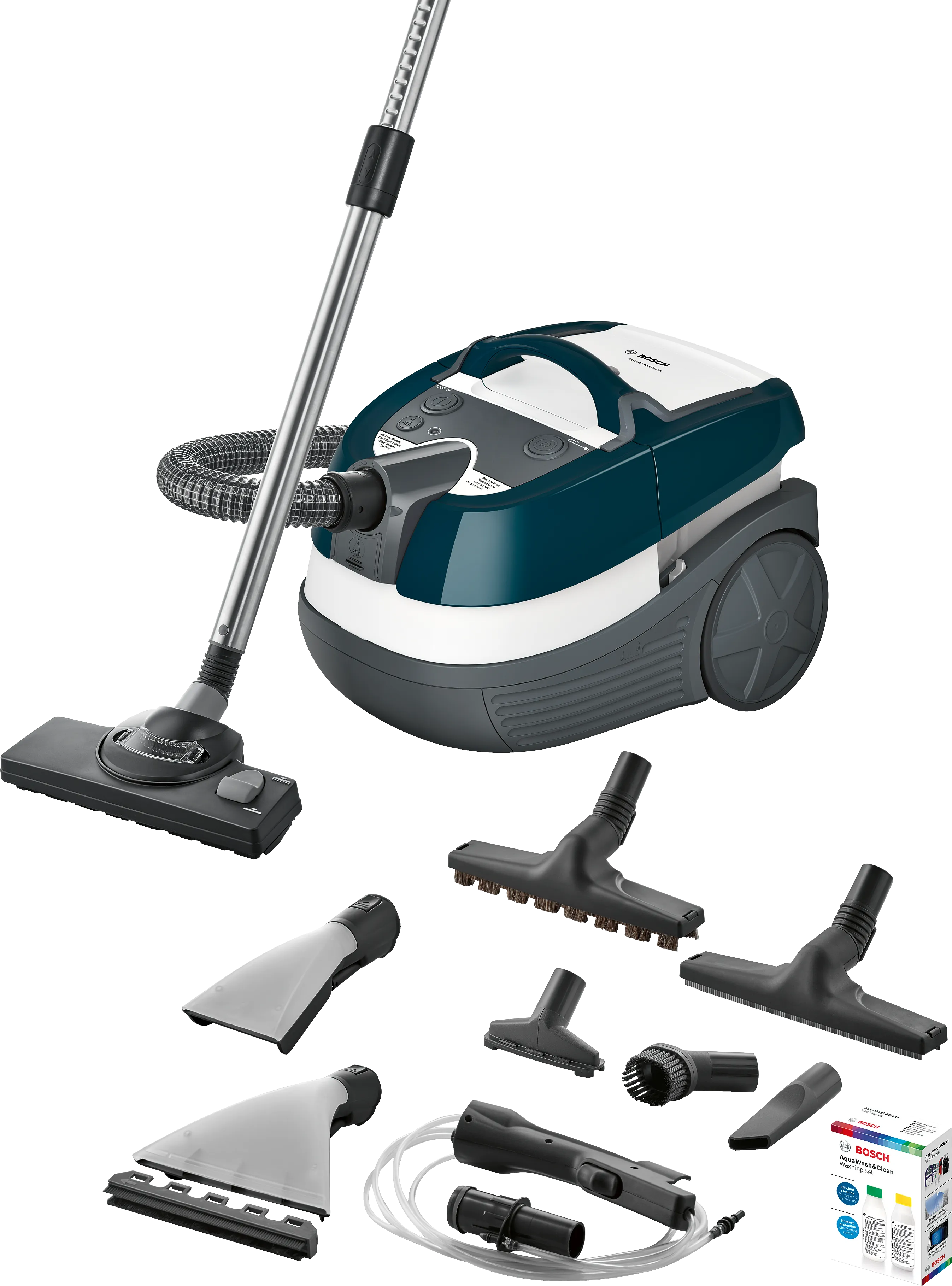

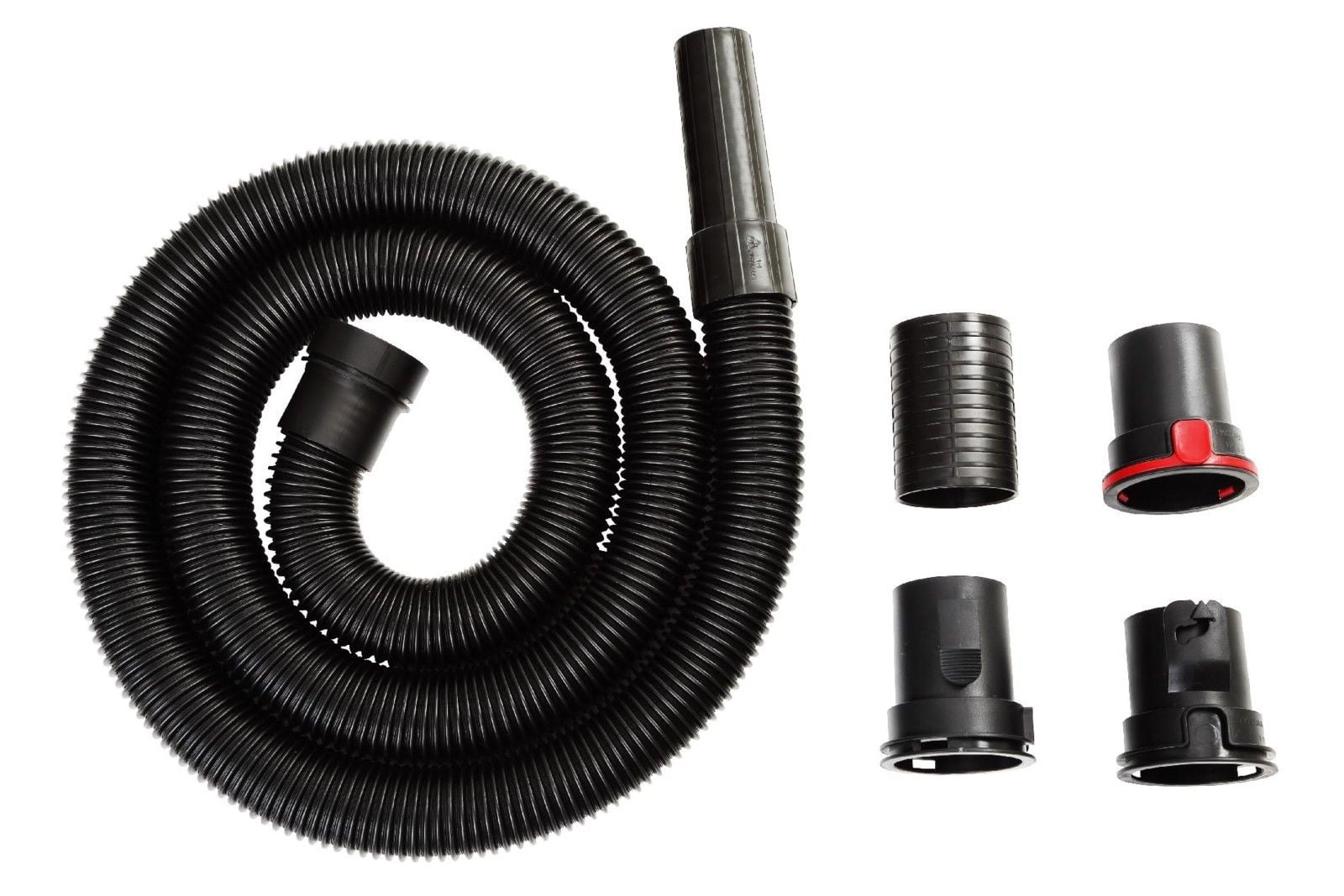
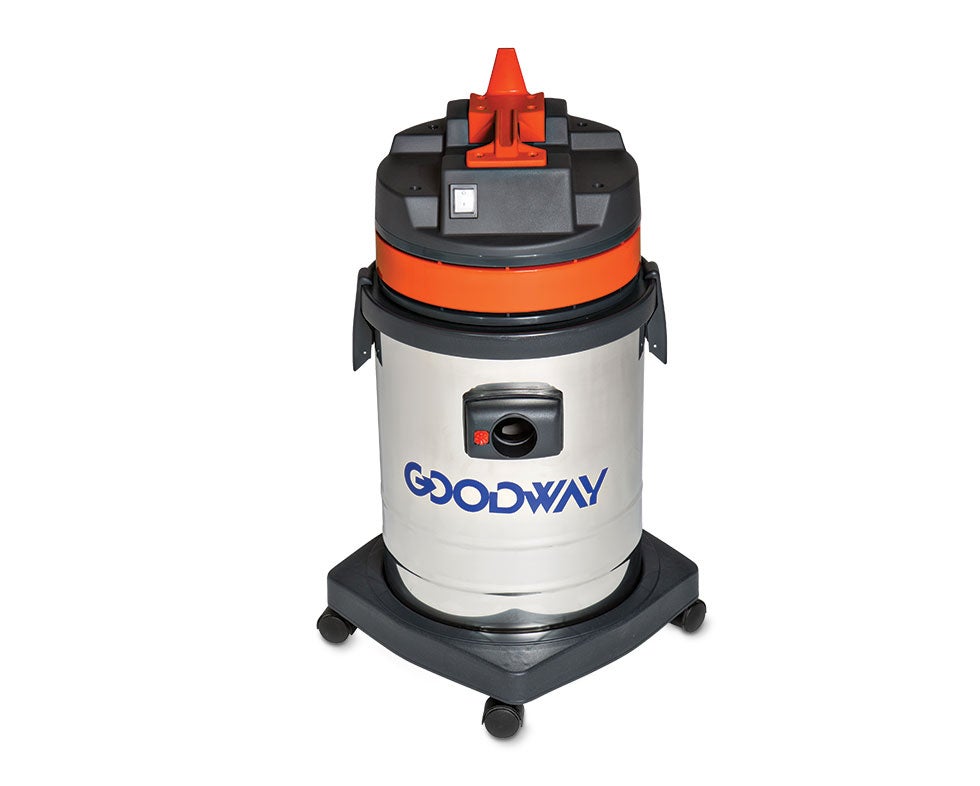

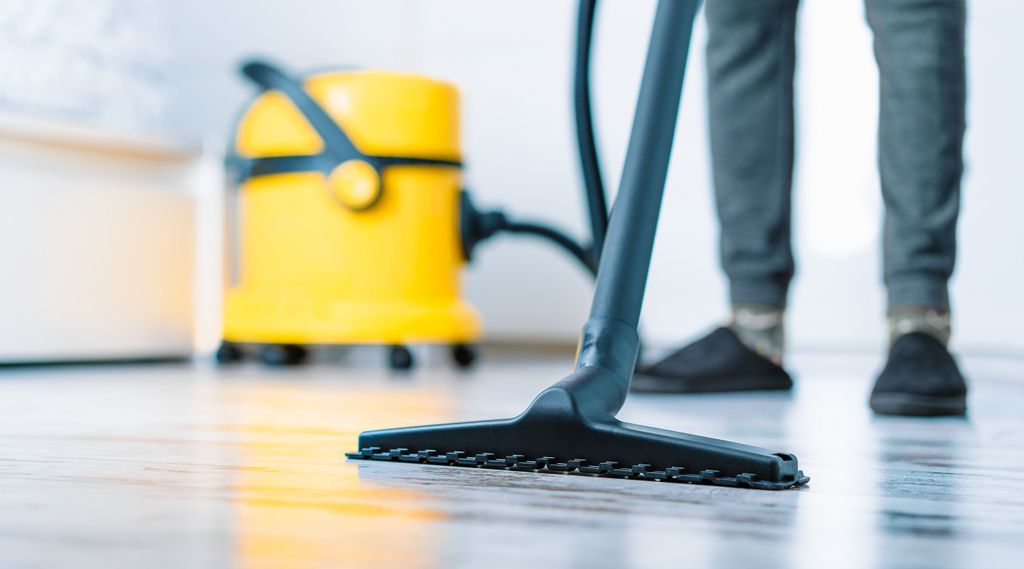

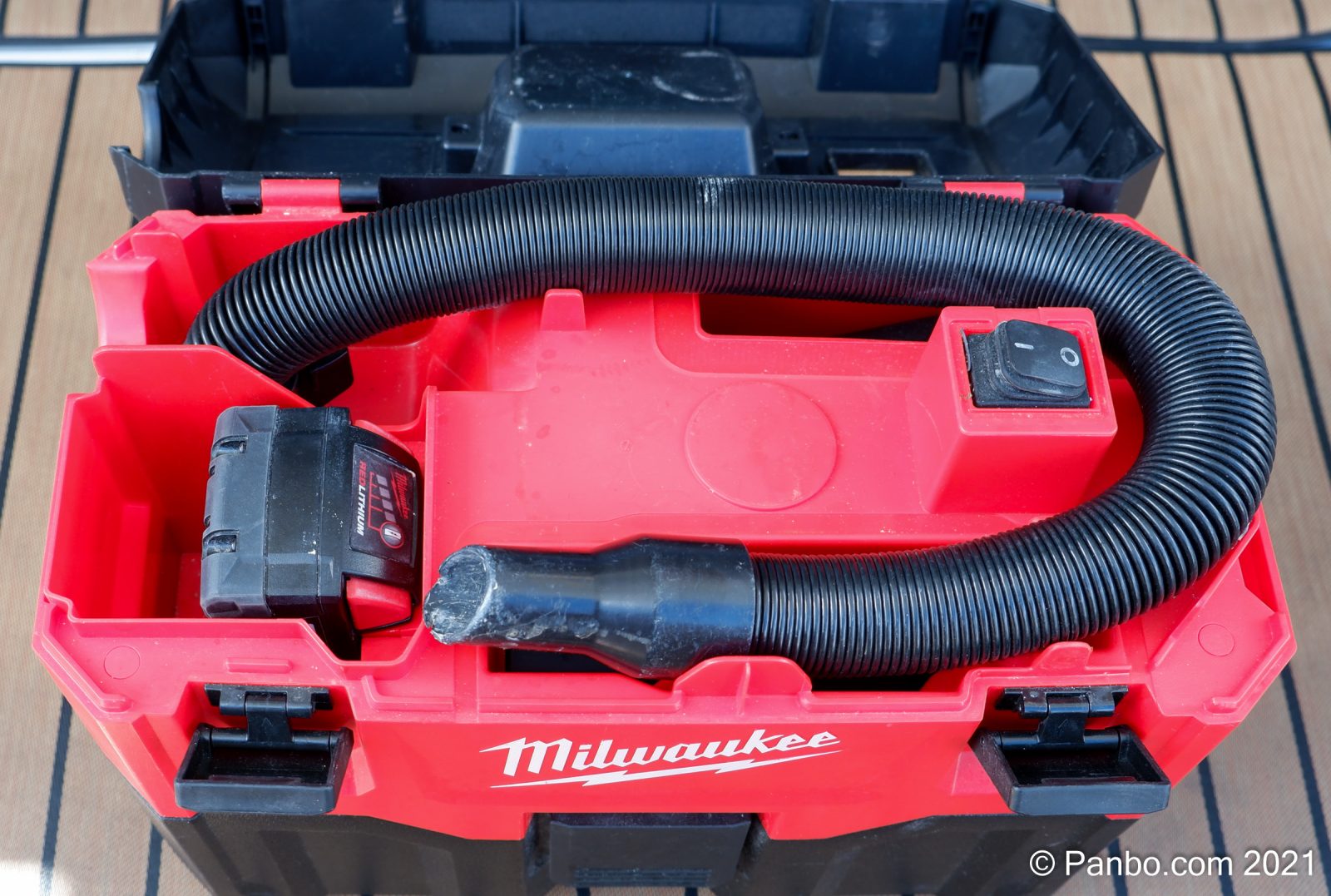


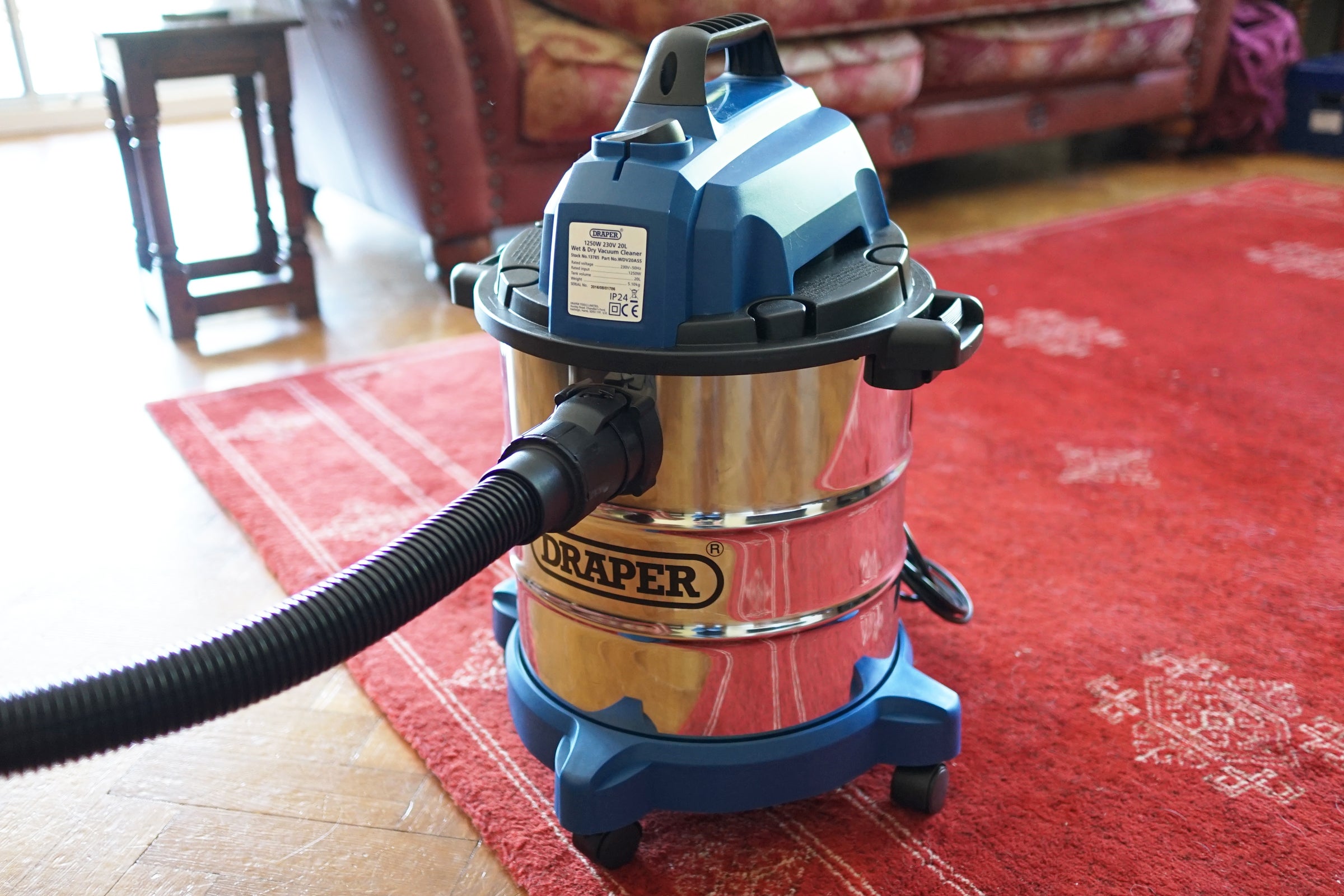





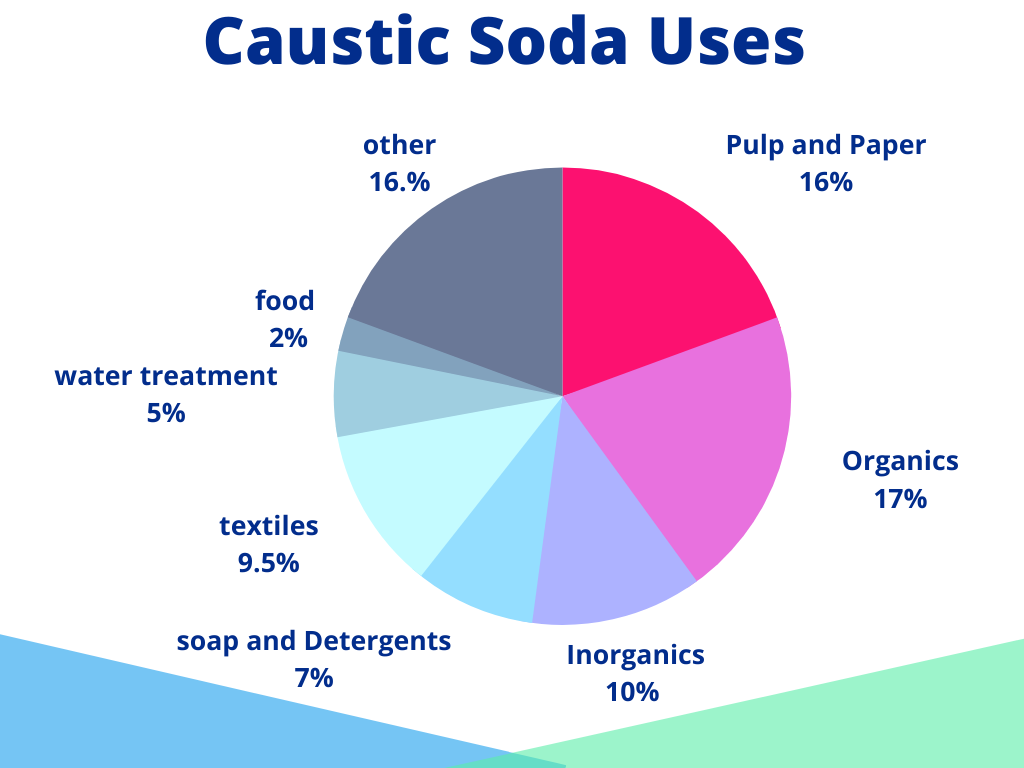

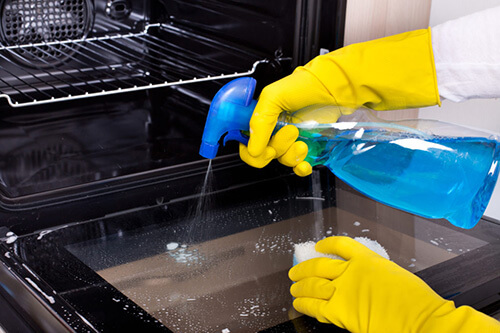


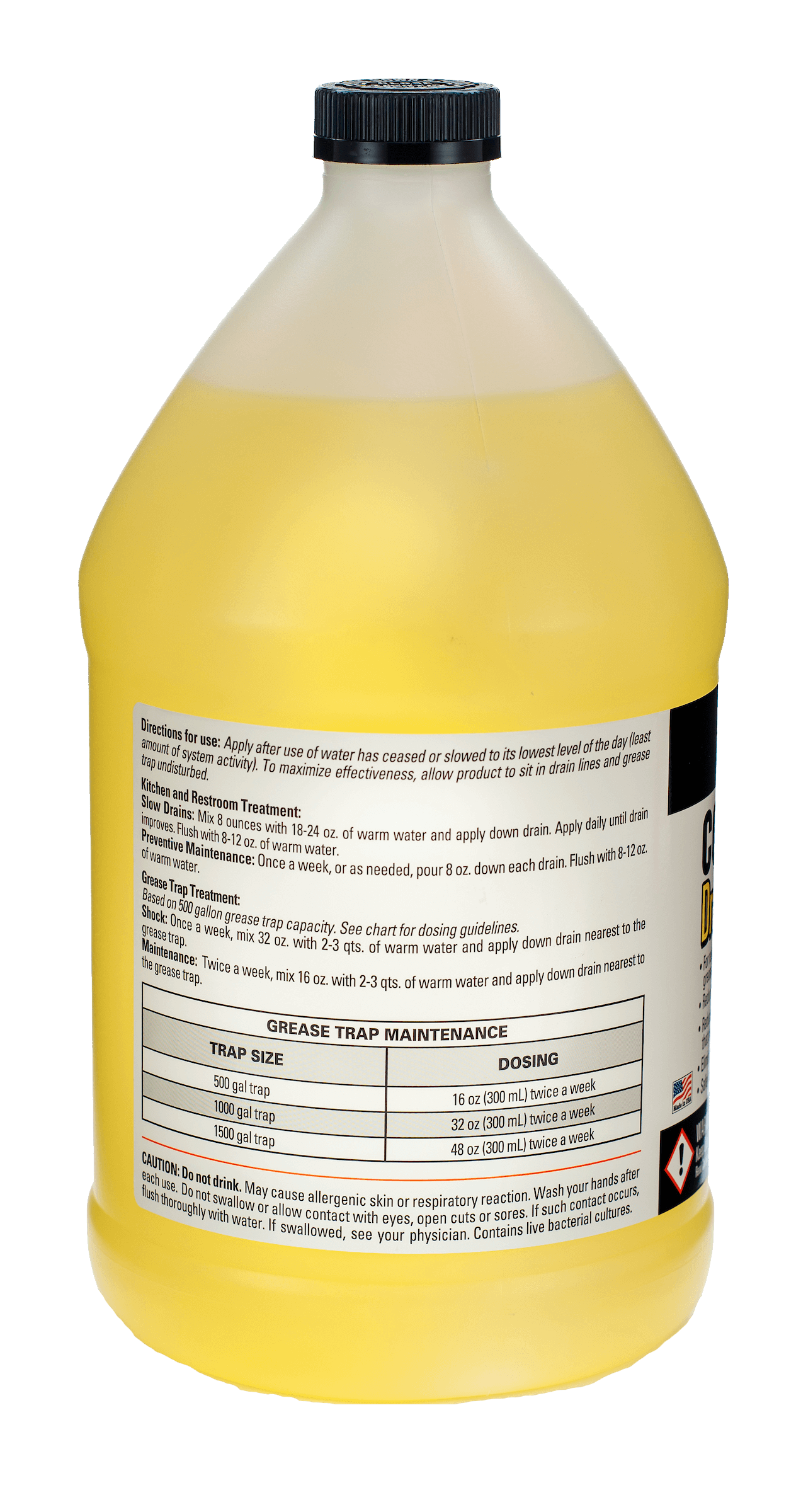




/GreenGobblerRefresh32oz-5bc63b0d4cedfd00266e4611.jpg)




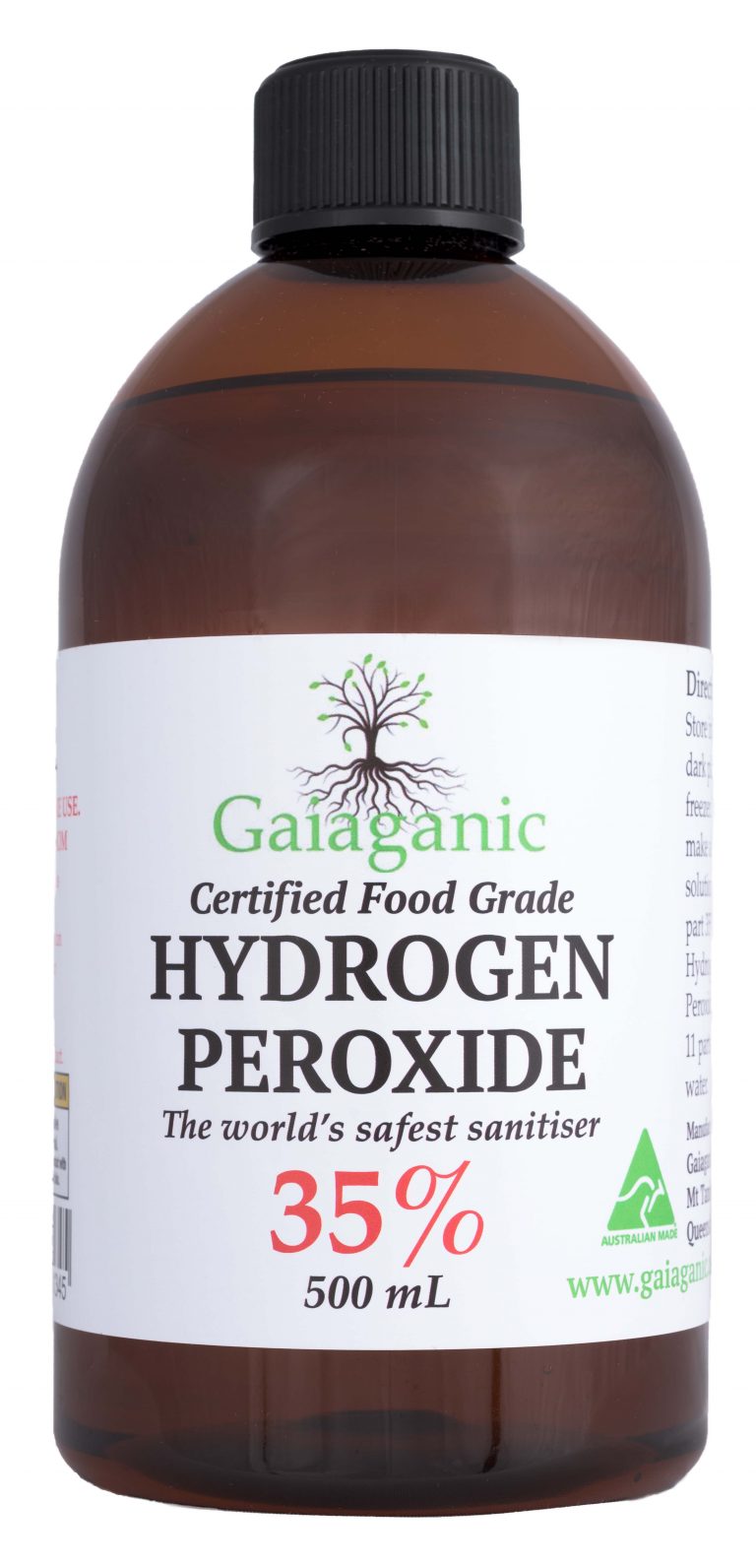




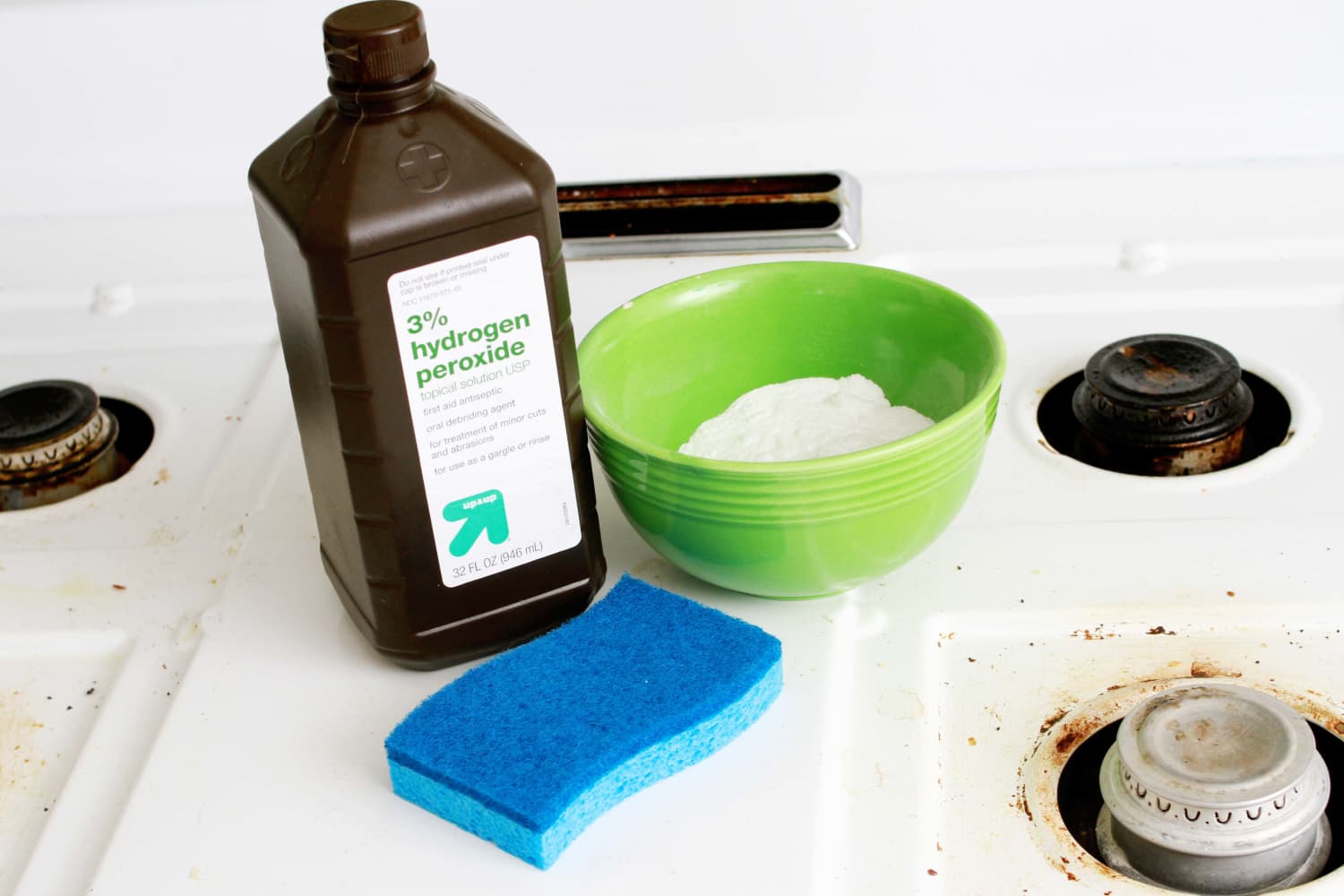

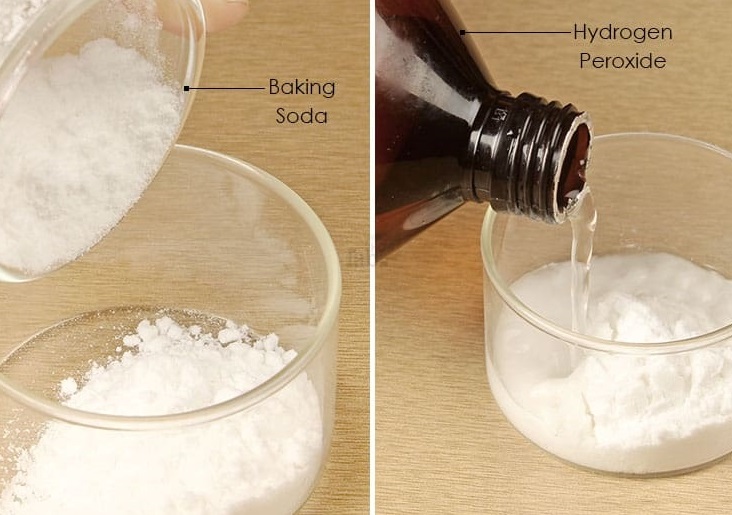
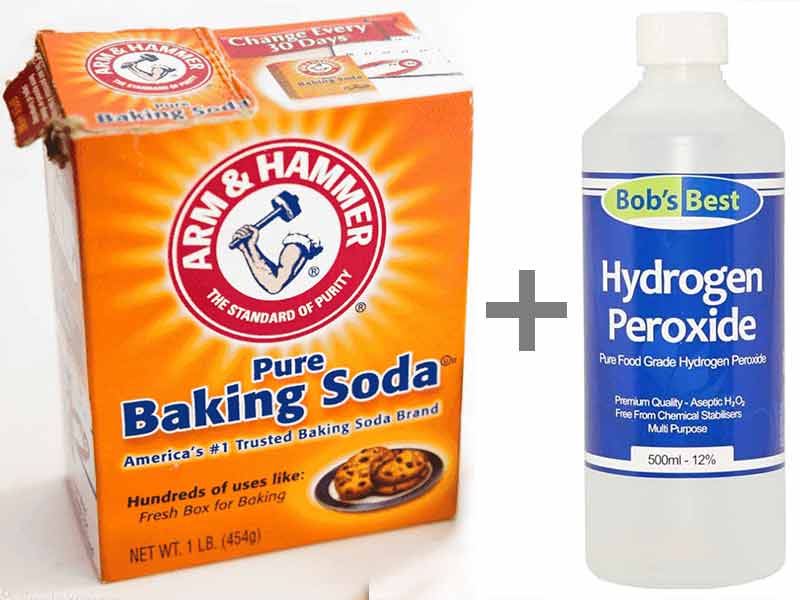






:max_bytes(150000):strip_icc()/ScreenShot2021-03-31at10.01.23AM-cac45bb0e5874da7a554dedb4c25fdf7.png)



